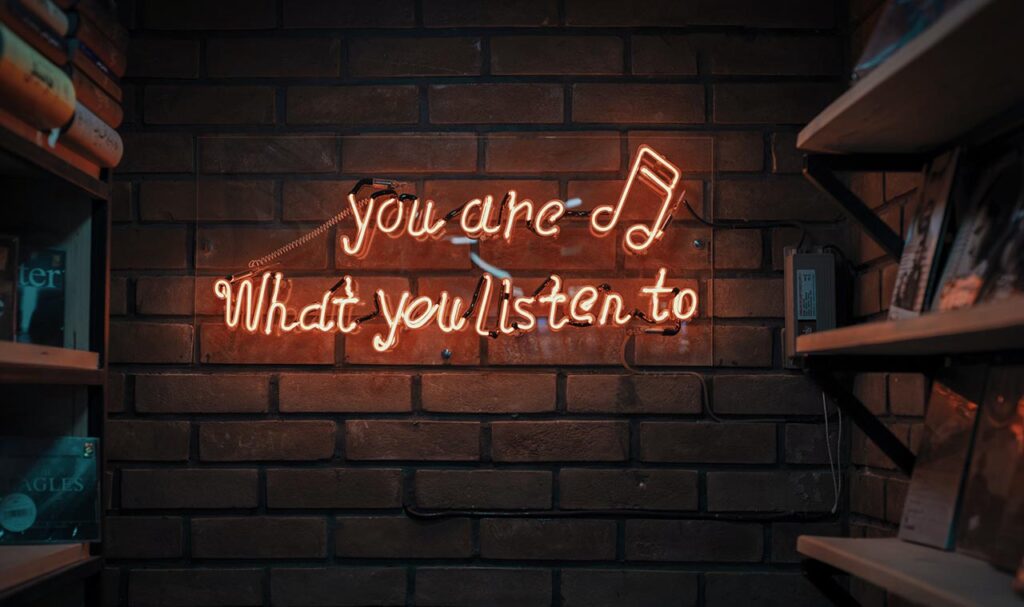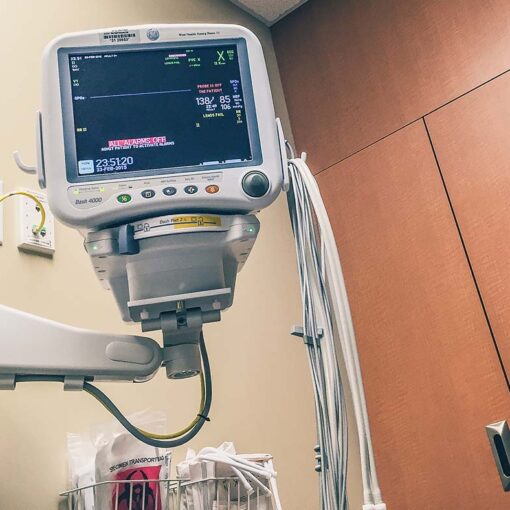The World Health Organization estimates that over 300 million people globally have depression (Patrick & Connick 2019). According to WHO research, depression is a prevalent mental health problem affecting over 300 million individuals worldwide. Prolonged depression has also been a significant source of disability around the globe. Furthermore, severe depression has been linked to suicide, making it the main cause of death for over 800,000 individuals each year. Abbott & Lavretsky (2013) state that people with depression are sometimes reluctant to seek medical help because of a lack of resources and social stigma.
What is music therapy?
The World Federation of Music defines music therapy as the use of music and its elements by to improve health and well-being (Zhao et al., 2016). Music therapy may be defined as a competent therapist’s clinical and evidence-based use of music or its components to accomplish personalized goals during therapeutic engagement with a client or group of clients (Aalbers et al., 2017).
Music therapy may be defined as a competent therapist’s clinical and evidence-based use of music or its components to accomplish personalized goals during therapeutic engagement with a client or group of clients (Aalbers et al., 2017). Music helps people communicate and express their feelings in various ways from a psychological perspective (Braun & Clarke 2020).

Effective in rehabilitation
Music is an effective tool for rehabilitation because it stimulates physical and cognitive activity on several levels (Raglio et al., 2014). Music therapy has been more popular as an alternative treatment for mental illness because of its cheap cost, ease of tolerance, excellent compliance, and few adverse effects (Zhao et al., 2016). There are several ways in which music may help people recover physically and cognitively after injury (Raglio et al., 2014). Music’s neurochemical effects affect the reward and pleasure circuits, stress and arousal, and the immune system. Because of its low cost, ease of tolerance, great compliance, and lack of side effects, music therapy has grown into popular as an alternative treatment for mental illness. (Zhao et al., 2016).
According to Okoro (2022) music is an effective treatment intervention for patients with anxiety and depressive disorders. However, there is limited research supporting the implementation of music as a treatment option. The study finding also recommends incorporating music in connection to other pharmacological treatments to enhance patient outcomes. Further research should therefore focus on validating the current research finding by conducting evidence-based research using mixed-method research.
Authors
Vera Okoro is a graduating student at LAB University of Applied Sciences.
Irina Tiainen works as a Senior Lecturer at LAB University of Applied Sciences.
References
Aalbers, S., Fusar-Poli, L., Freeman, R. E., Spreen, M., Ket, J. C. F., Vink, A. C., Maratos, A., Crawford, M., Chen, X.-J., & Gold, C. 2017. Music therapy for Depression. Cochrane Database of Systematic Reviews, 2017(11). Cited 6 Feb Feb 2022. Available at https://doi.org/10.1002/14651858.cd004517.pub3
Abbott, R., & Lavretsky, H. 2013. Tai Chi and Qigong for the treatment and prevention of mental disorders. The Psychiatric Clinics of North America, 36(1), 109. Cited 6 Feb 2022. Available at https://doi.org/10.1016/j.psc.2013.01.011
Braun, V., & Clarke, V. 2012. Thematic analysis In Cooper, H., Camic, PM., Long, DL., Panter, AT. Rindskopf, D. & Sher, KJ. (Eds.). APA handbook of research methods in psychology. Vol 2: Research designs: Quantitative, qualitative, neuropsychological, and biological. 57–71. Washington DC: American Psychological Association. Cited 15 Mar 2022. Available at Google Scholar.
Okoro, V. 2022. Treating depression using music as a non-pharmacological therapy – A review analysis. Bachelor’s Thesis. LAB University of Applied Sciences. Cited 22 Nov 2022. Available at https://urn.fi/URN:NBN:fi:amk-2022111022410
Metri, M. 2017. Music is part of our life. Unsplash. Cited 22 Nov 2022. Available at https://unsplash.com/photos/1oKxSKSOowE
Patrick, S., & Connick, P. 2019. Psychometric Properties of the PHQ-9 depression scale in people with multiple sclerosis: A systematic review. PloS One. 14(2). Cited 28 Jul 2022. Available at https://doi.org/10.1371/journal.pone.0197943
Raglio, A., Filippi, S., Bellandi, D., & Stramba-Badiale, M. 2014. Global Music Approach to persons with dementia: Evidence and practice. Clinical Interventions in Aging, 1669. Cited 28 Jul 2022. Available at https://doi.org/10.2147/cia.s71388
Zhao, K., Bai, Z. G., Bo, A., & Chi, I. 2016. A systematic review and meta‐analysis of music therapy for the older adults with depression. International Journal of Geriatric Psychiatry, Vol. 31, No.11. 1188‒1198. Cited 20 Aug 2022. Available at https://doi.org/10.1002/gps.4494




